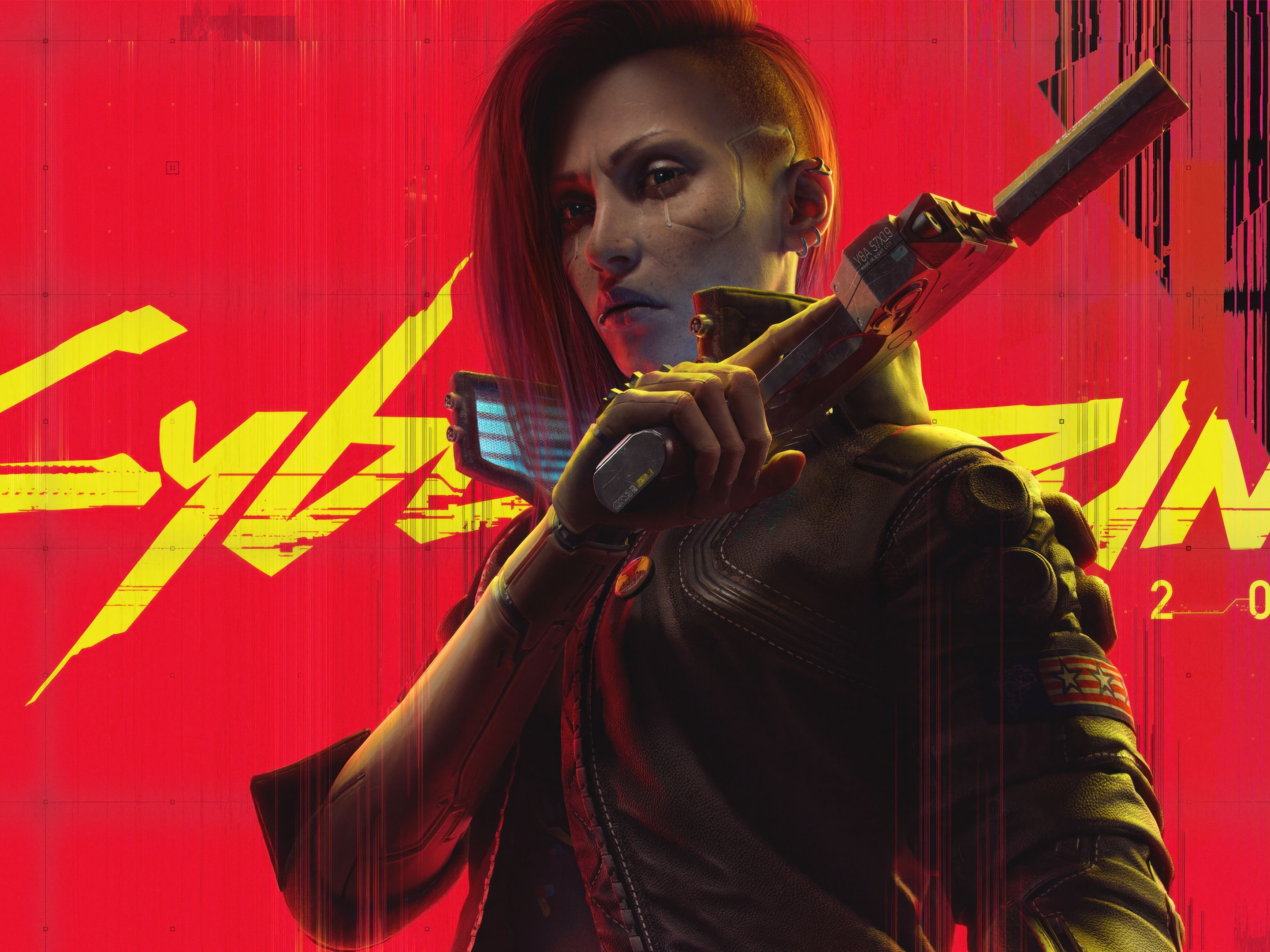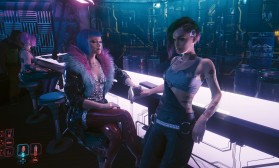Resident Evil 6 Score: Franchise Low Point Analysis
When Resident Evil 6 launched in October 2012, expectations were sky-high. Capcom’s flagship survival horror series had long been a titan of the genre, and the promise of a blockbuster title featuring multiple interconnected campaigns and co-op gameplay seemed like a recipe for success. Yet, upon release, the game was met with a wave of criticism from both fans and reviewers, culminating in what many consider the franchise’s critical low point. With Metacritic scores hovering in the 60s—a stark contrast to the high 80s and 90s of earlier entries—the game’s reception signaled a profound disconnect between Capcom’s vision and the expectations of its audience. This analysis delves into the core reasons behind Resident Evil 6’s disappointing scores and examines how it became a cautionary tale in the series’ storied history.
Identity Crisis: Action vs. Horror
One of the most glaring issues with Resident Evil 6 was its identity crisis. The series had been gradually shifting from survival horror to action-adventure since Resident Evil 4, but RE6 accelerated this transition to an extreme degree. The game featured four distinct campaigns—each with its own tone—ranging from the horror-inflected arc of Leon Kennedy to the full-blown military action of Chris Redfield. This approach fragmented the experience, leaving players unsure of what kind of game they were actually playing.
Leon’s campaign initially seemed like a return to form, with darker environments and a focus on tension and limited resources. However, even this segment quickly devolved into explosive set-pieces and repetitive boss battles. Meanwhile, Chris’s campaign felt like a generic third-person shooter, complete with cover mechanics and squad-based combat that bore little resemblance to the series’ roots. By trying to cater to too many audiences at once, RE6 failed to satisfy either horror purists or action enthusiasts fully. The lack of a cohesive vision resulted in a disjointed narrative and gameplay experience that alienated long-time fans.
Gameplay Overload and Design Bloat
Resident Evil 6 suffered from what can only be described as design bloat. Capcom packed the game with an abundance of mechanics—melee combos, stealth segments, vehicle sections, and even turret sequences—but few of these felt polished or meaningful. The control scheme was overly complex, with contextual actions often leading to frustrating moments, such as unintended cover-taking or clumsy quick-time events.

The game’s emphasis on action also undermined the survival horror elements that defined the series. Resources were plentiful, enemies were more bullet-spongey than terrifying, and the sense of vulnerability—a hallmark of earlier titles—was largely absent. While previous games like Resident Evil 4 managed to balance action with tension through clever pacing and resource management, RE6 leaned so heavily into spectacle that it sacrificed atmosphere and nuance. The result was a game that felt exhausting rather than exhilarating, with campaigns overstaying their welcome due to repetitive objectives and excessive length.
Narrative Incoherence and Character Overload
Another critical flaw was the game’s convoluted narrative. Resident Evil 6 attempted to weave together multiple storylines involving a global bioterrorism threat, but the plot became increasingly absurd and difficult to follow. New characters like Jake Muller (son of Albert Wesker) were introduced with minimal development, while legacy characters were often reduced to caricatures. The overlapping campaigns—meant to provide a Rashomon-style perspective—instead created narrative redundancy and inconsistencies.
The game’s attempt to emulate Hollywood blockbusters also backfired. Cutscenes were frequent and overly long, disrupting gameplay flow, while the writing leaned into clichéd dialogue and melodrama. Unlike the tightly plotted Resident Evil 2 or the atmospheric storytelling of Resident Evil 7, RE6 felt like a messy, overambitious screenplay that prioritized scale over substance.
Divisive Co-op and Multiplayer Focus
While co-op gameplay had been successfully integrated into earlier titles like Resident Evil 5, RE6 doubled down on this feature—often to the detriment of solo players. The game was clearly designed with cooperative play in mind, but this emphasis led to AI companion issues and level design that felt unbalanced for single-player experiences. Puzzles, a staple of the series, were simplified or removed entirely to accommodate seamless co-op, further eroding the franchise’s identity.
Additionally, the inclusion of multiplayer modes like Agent Hunt and Mercenaries—though fun in isolation—felt like distractions rather than meaningful additions. The focus on multiplayer content seemed to reflect Capcom’s desire to chase market trends rather than innovate within the series’ core strengths.
Legacy and Impact on the Franchise
The backlash to Resident Evil 6 was so severe that it forced Capcom to reconsider the direction of the franchise. The game’s commercial performance was strong initially, thanks to massive marketing and the series’ brand power, but word-of-mouth and critical panning ultimately tarnished its legacy. In the years that followed, Capcom conducted extensive internal reviews and fan surveys, leading to a soft reboot of the series with Resident Evil 7: Biohazard. This title marked a return to first-person perspective, isolated settings, and visceral horror—a clear response to the criticisms leveled at RE6.
In retrospect, Resident Evil 6 serves as a lesson in the risks of diluting a beloved franchise’s core identity. Its shortcomings highlight the importance of balancing innovation with tradition, and of understanding what makes a series resonate with players. While not without its merits—such as ambitious storytelling and technical polish—the game’s failures in gameplay cohesion, narrative focus, and tonal consistency cemented its status as the franchise’s critical nadir. It stands as a reminder that even the most iconic series can stumble when they lose sight of what made them great.














